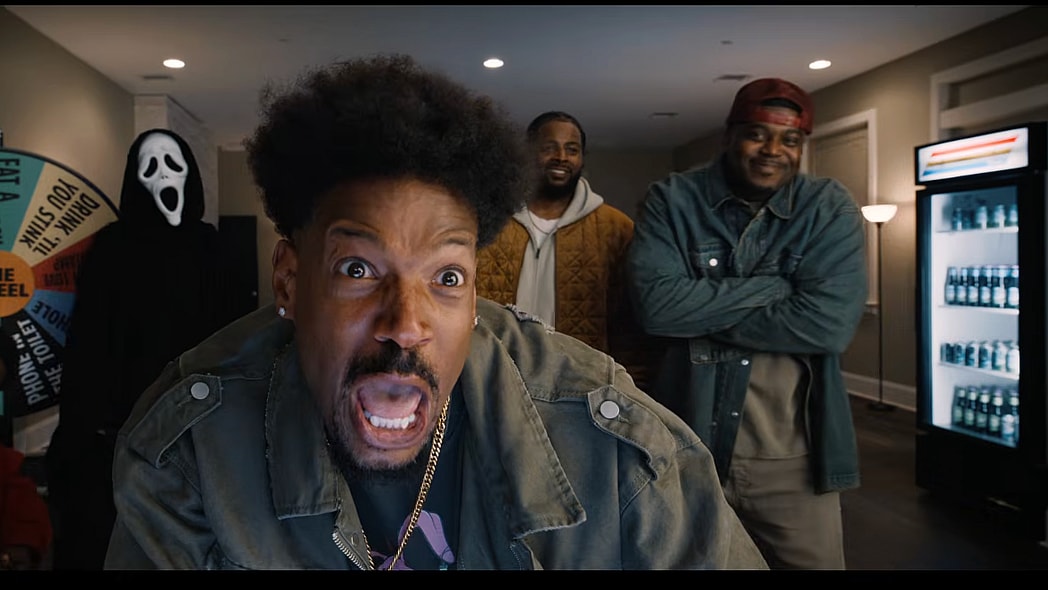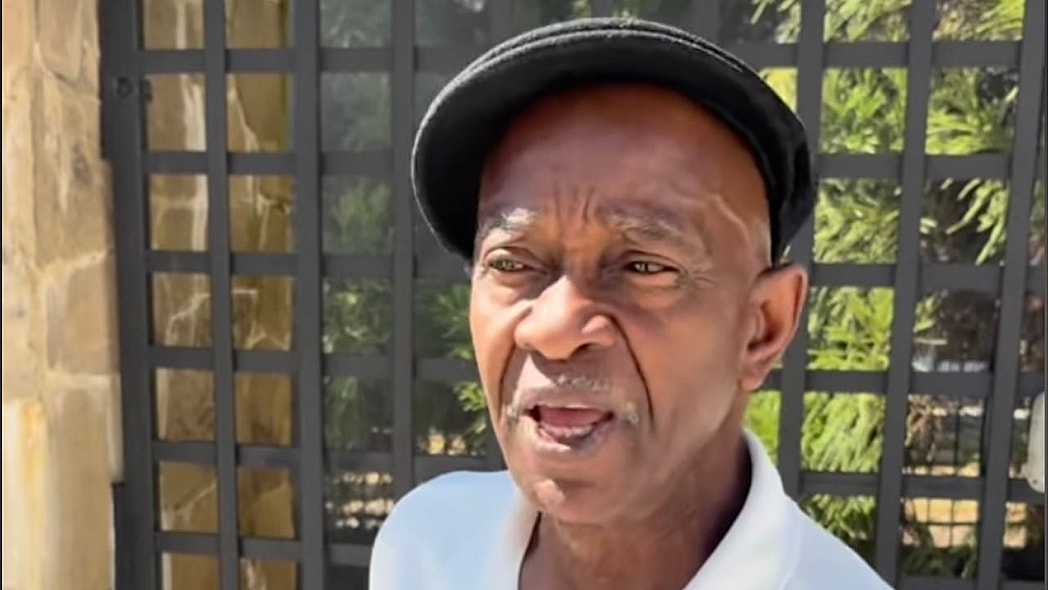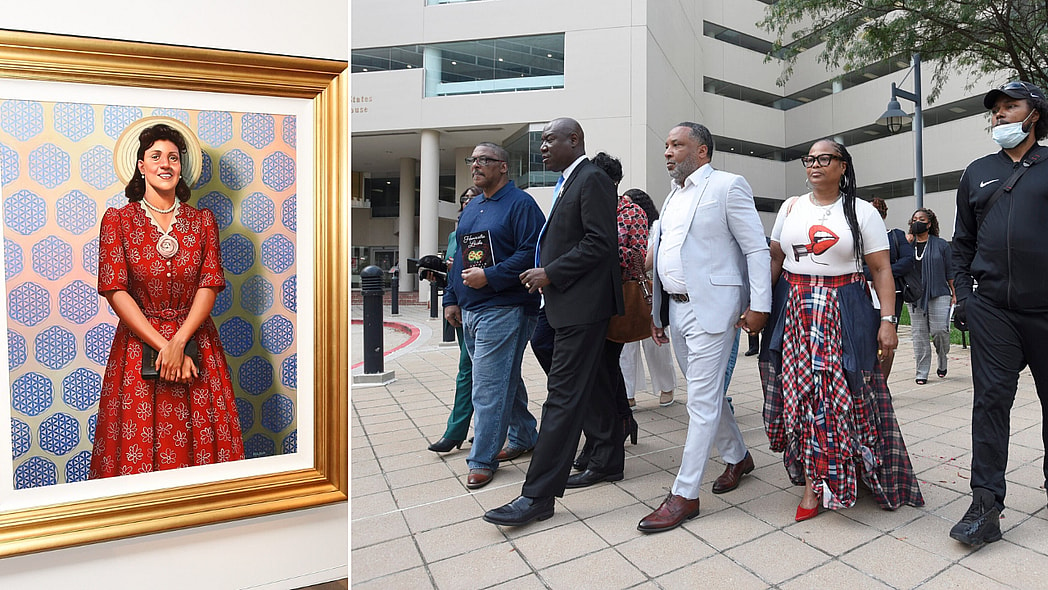Editor’s note: The following article is an op-ed, and the views expressed are the author’s own. Read more opinions on theGrio.
For many people, September is a time of endings and new beginnings — the start of a new school year, the last days of summer or leaves changing colors. For me, September is the Month of Charles.
It was the month he was born and the month he died.
Brilliant, funny, kind-hearted, humble, strong, cool, someone who said “good morning,” and meant it — I think about my late husband often, but especially in September.
Charles Rochester — the love of my life — was born on Sept. 1. On Sept. 25, just 52 years and 24 days after he was born, he died unexpectedly when a ruptured Achilles tendon sent blood clots to his heart and lungs. I asked, how an extremely healthy, young man with the greatest doctors on the planet could leave this earth so suddenly? Our humanness can’t comprehend it.
Since that day 10 years ago, this month brings a mix of remembrance and reflection, grief and gratitude for my husband. But this year, I also feel hope. A hope for millions of Americans, and in memory of Charles. That’s thanks to the Inflation Reduction Act.
For the first time in history, Medicare now has the power to negotiate drug prices. And last month, as we approached the Month of Charles, the White House announced the first 10 drugs that the Inflation Reduction Act will make more affordable. Those 10 drugs treat people with diabetes, heart disease, arthritis, cancer — and also, blood clots.
Together, nearly nine million Medicare enrollees rely on these 10 medications to live longer, healthier lives; in 2026, their prices will drop dramatically — by as much as 79%.
That means fewer tough choices for families. It means more room in the budget for groceries and fewer people asking: “Can I afford my medicine this month?”
For decades, Americans have paid more for their prescriptions than anyone else in the developed world. Corporate profits skyrocketed — at the expense of people’s health.
With the Inflation Reduction Act, Democrats made good on our promise to change that. It’s relief — real, tangible relief.
But there is more work to do.
As my state’s lone representative, as a member of the health subcommittee — crafting policy that ensures access to reliable, high-quality, and affordable health care has been a major priority.
That work has taken many forms: helping author legislation to drive down the cost of drugs, working with Republicans to deliver funding for federally qualified health centers and telehealth, defending the Affordable Care Act from extreme attacks, and working to pass the Inflation Reduction Act.
Last year, I introduced the bipartisan Charles Rochester Blood Clot Prevention and Treatment Act — a manifestation of the pain that became my purpose.
This is personal, not just for me, but for so many of us.
It is why we feel a sense of urgency in this moment to prevent the heartbreak of losing a loved one because they can’t get the care they need.
September is always a reminder of that urgency. So is this November.
Top Stories
Every year we hear that this election is the most important of our lifetimes — November 2024 is the most consequential. The progress we have made could very well be wiped away with one election.
The stakes underscore a simple truth: Who we elect matters.
And who they fight for does, too.
Democrats fought tirelessly to level the playing field for Americans; letting Medicare negotiate our prescription costs was a breakthrough. Project 2025 would take that power away, and claw our progress back.
Why? Donald Trump, JD Vance and their extreme allies say it’s not fair to big corporations — never mind whether or not it is fair to the millions of seniors who will have to go back to splitting pills and skipping doses just to make ends meet …
I often hear people say, “I don’t do politics.” But if you care about your health, your family, your wallet — you care about politics.
And if you don’t engage, if you “don’t do politics,” you are leaving those choices about your life to others. Corporations do politics. Republican extremists do politics.
So we need you to connect your vote to your life. And we need you to vote like your life is on the line.
Because that is what this is about. Our lives, our health, our families.
For me, this is about the countless people who suffer or can’t afford medication. And of course, it is about Charles. There are so many reasons to fight — this month and always — he is one of mine.

Congresswoman Lisa Blunt Rochester is the at-large representative for Delaware and is the Democratic candidate for U.S. Senate.










